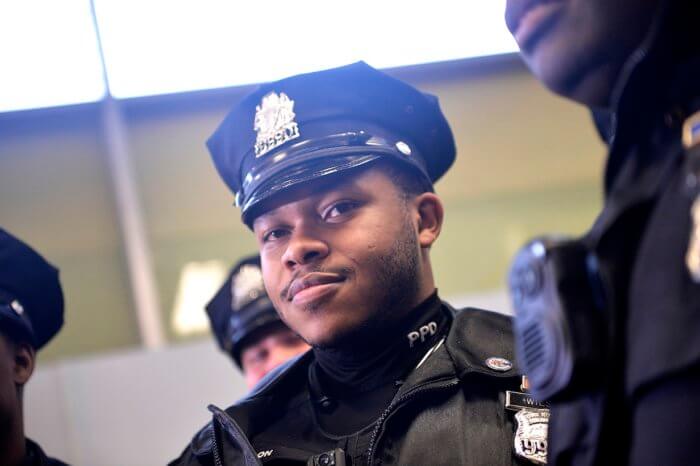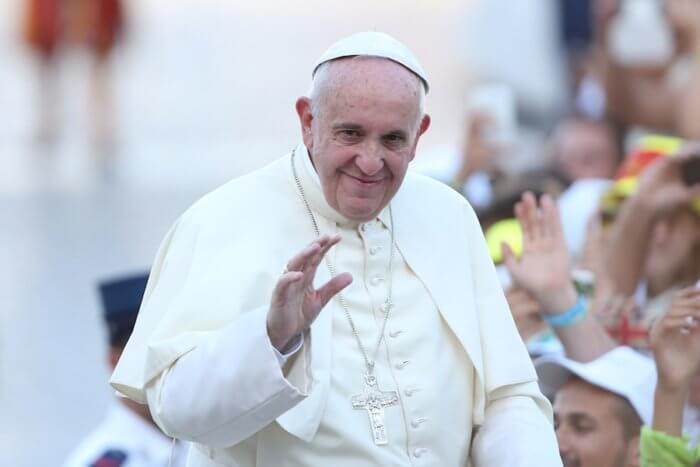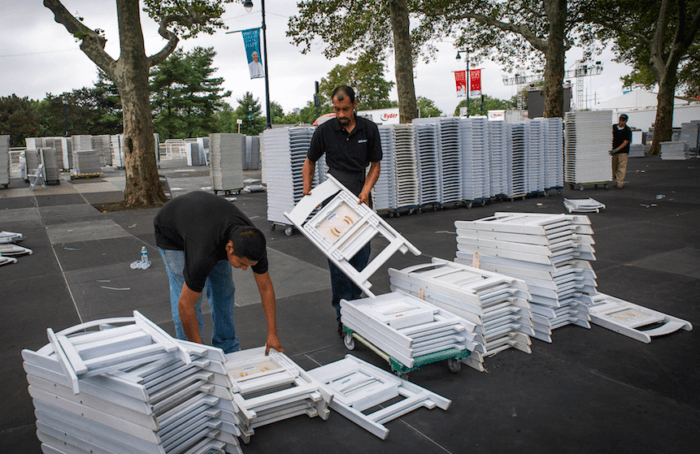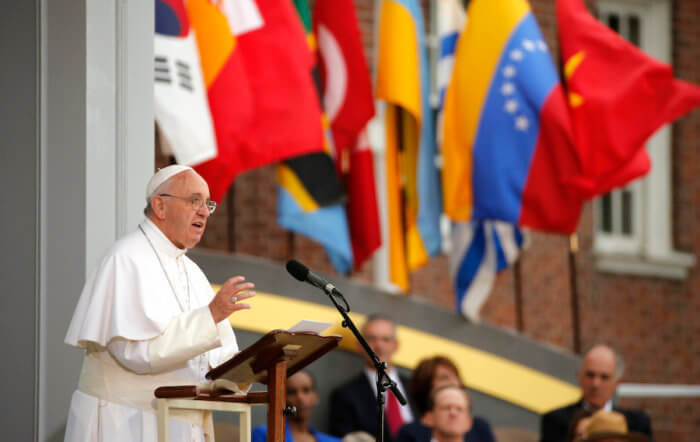Man plans, god laughs, as the old saying goes. But what does the Catholic Church do to protect itself if its prayers for a safe papal visit go unanswered?
It buys insurance.
“In my business, it’s called seat-of-the-pants underwriting,” said LeConte Moore, a managing director of DeWitt Stern, a Risk Strategies Company, which brokered the insurance contract for Pope Francis’ visit to Philadelphia. Moore has brokered insurance deals for four presidential inaugurations. He’s done major rock concerts and even provided coverage for organizers of pay-per-view events in case cable goes down.
RELATED: The perfect playlist for Pope Francis’ visit Unlike a rock concert held in a stadium, there aren’t any hard boundaries to Pope Francis’ visit, and nobody really knows how many people are coming. And unlike life insurance, where insurers have a good idea of how long people will live based on years of history, there isn’t a lot of data for occasions like a papal visit, which might require an insurance policy worth more than $30 million. That means companies are taking a big risk in deciding what to charge.
“There’s no guidebook based on events in the past,” Moore said. “Very few companies like to write special event insurance.”
Moore said that W.R. Berkley is the lead insurer on the visit — the same company that insures the Super Bowl.
RELATED:Did your car get towed? Here’s how to avoid that and other snafus The insurance covers routine things like slip and falls and rare events like a stage collapse. It evens insures damage to the Gettysburg Lectern — the podium used by Abraham Lincoln when he gave the Gettysburg Address, which will be used by the pontiff on Independence Mall. Terrorism in particular is a hard risk to gauge. The FBI and Secret Service may be the world’s experts on event security, but they don’t exactly give insurance companies a window into their operations to help the archdiocese keep its costs low. “There are definite blind spots,” Moore said. “You only get one chance to get this right.”
There are metrics that companies use in deciding what to charge. In a classical music hall, insurance companies might charge one penny for every guest. At a rowdy rock concert, that charge might go up to 25 cents. Bill Curtis, of Porter and Curtis, the Archdiocese of Philadelphia’s insurance broker for day-to-day insurance, called in Moore because of his experience with the papal visits.
In 1994, New York City was preparing for a visit from an aging John Paul II. The church spent millions preparing for the visit, but there was a lingering concern: what if he wasn’t healthy enough to come? Those fears turned into a reality. John Paul II had a broken hip and his doctors nixed the trip.
Insurance companies who underwrote the cancellation policy ended up paying out $13 million.
When prayers fail, insurance steps in
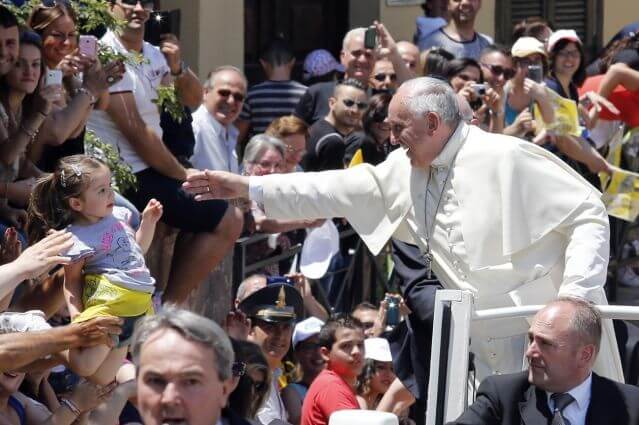
Reuters
























